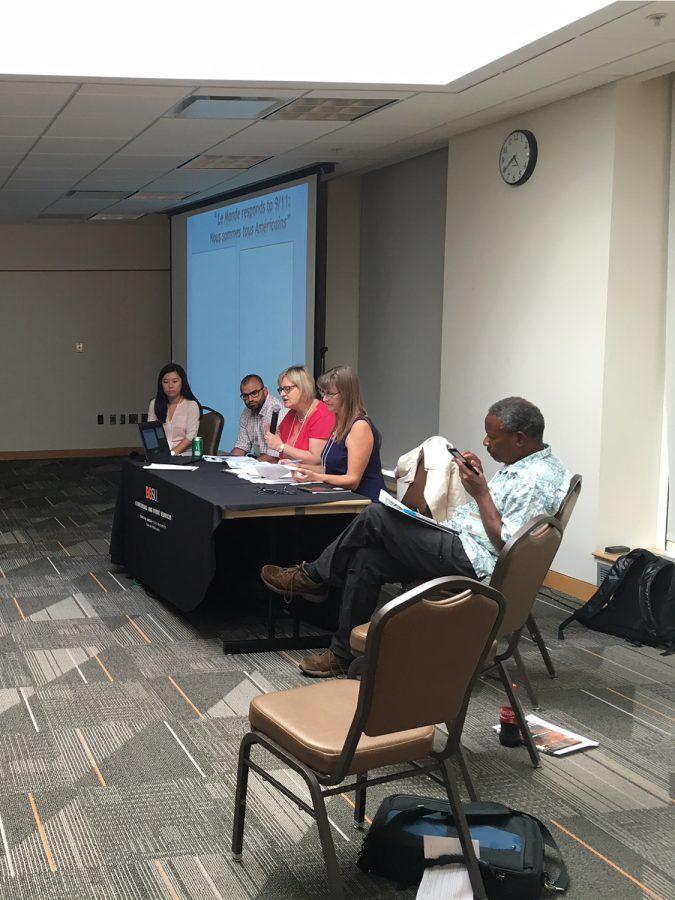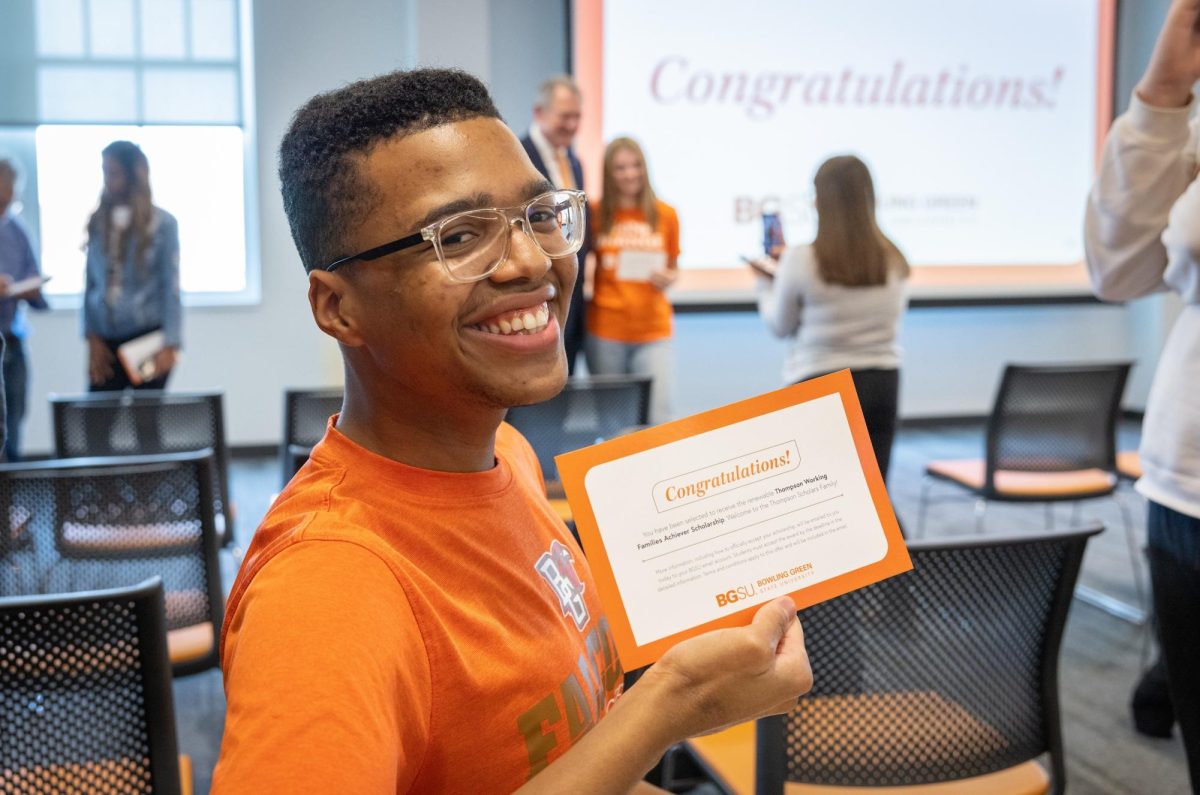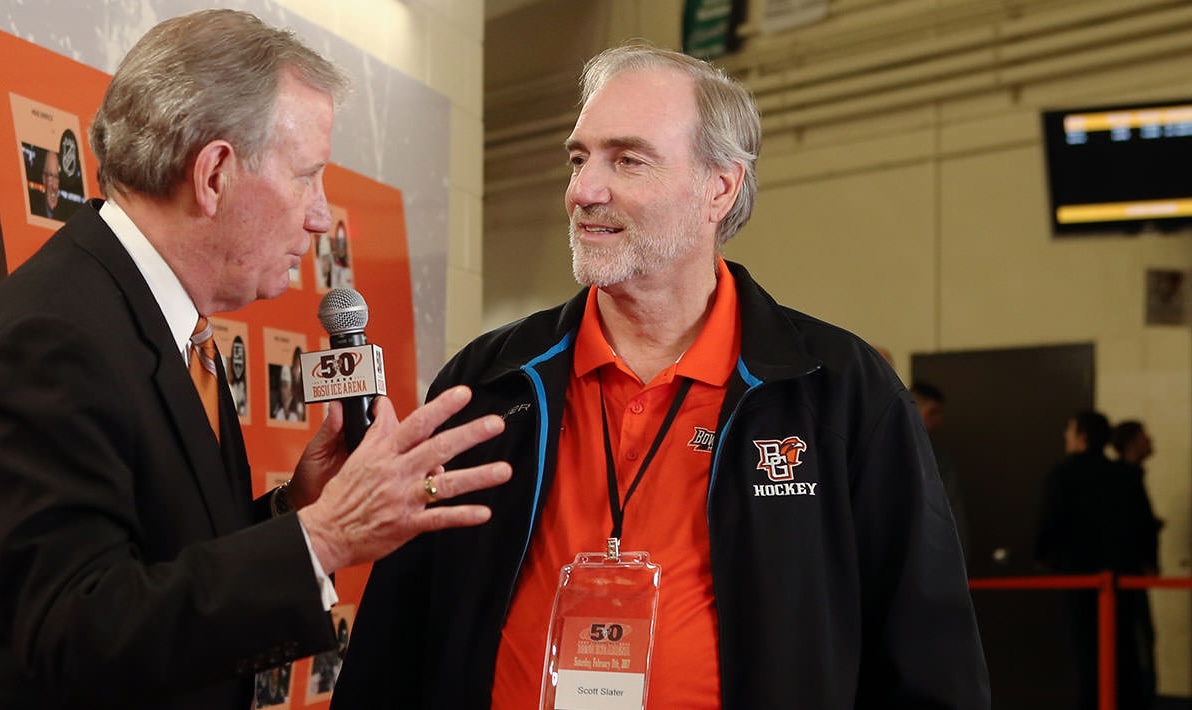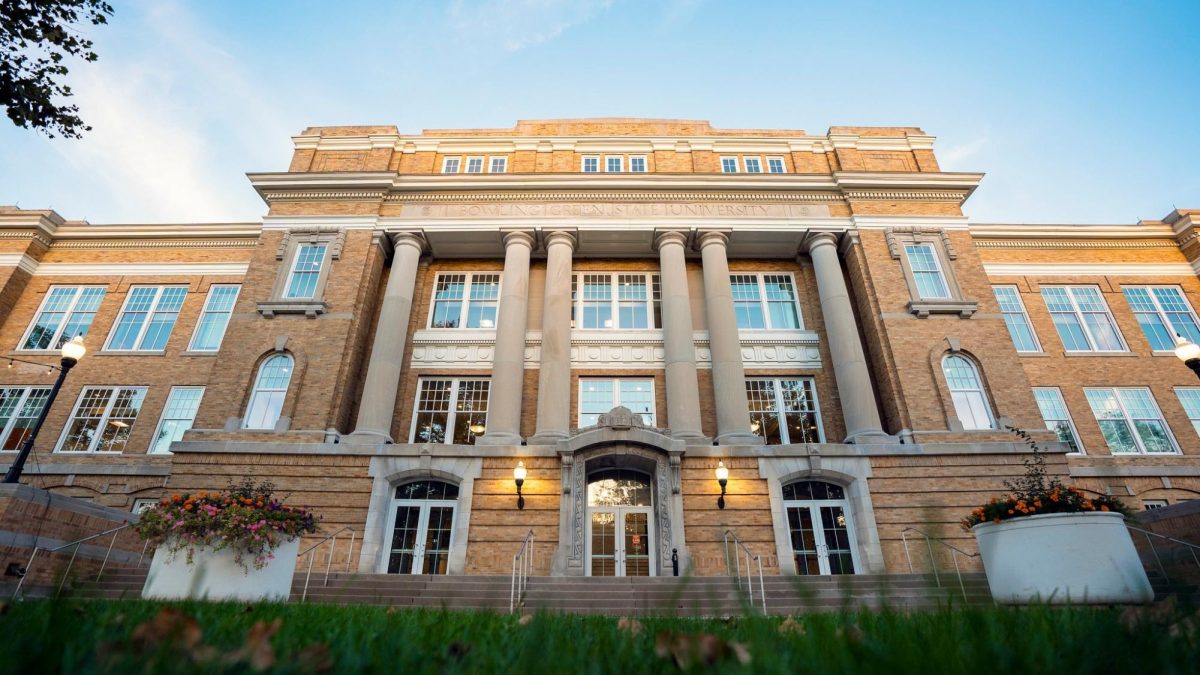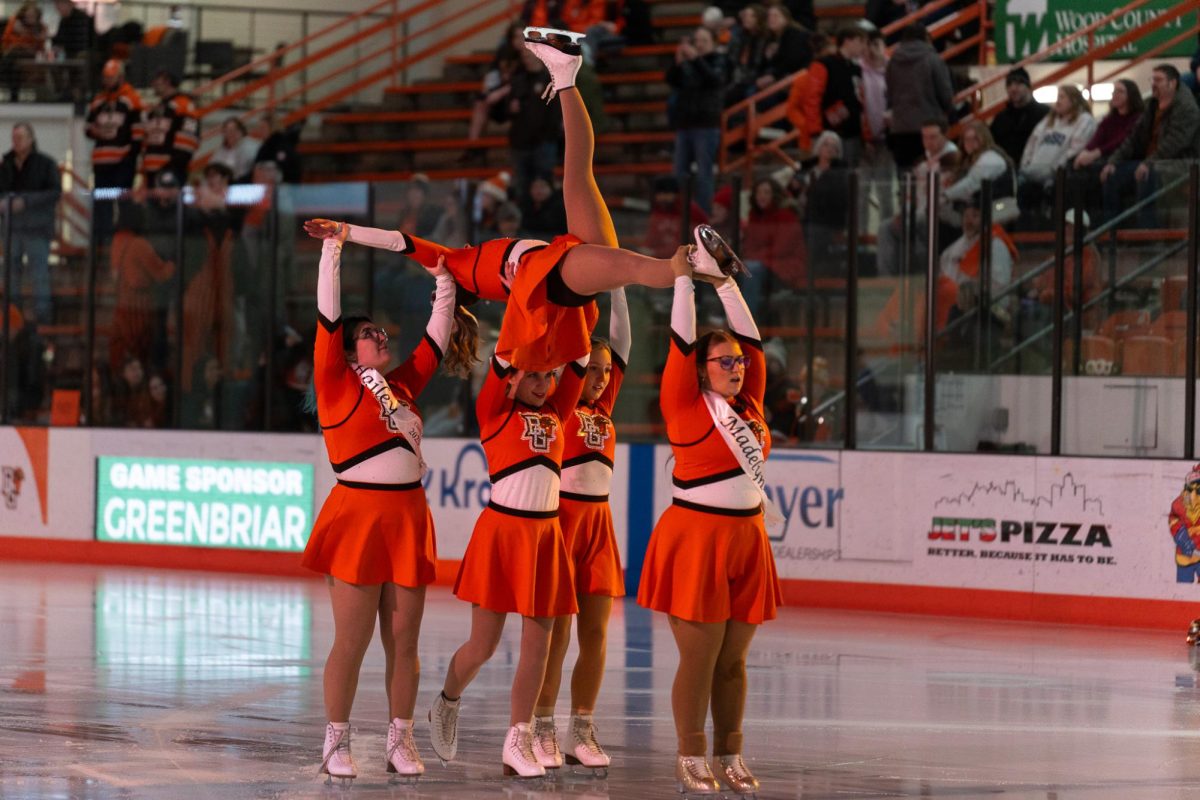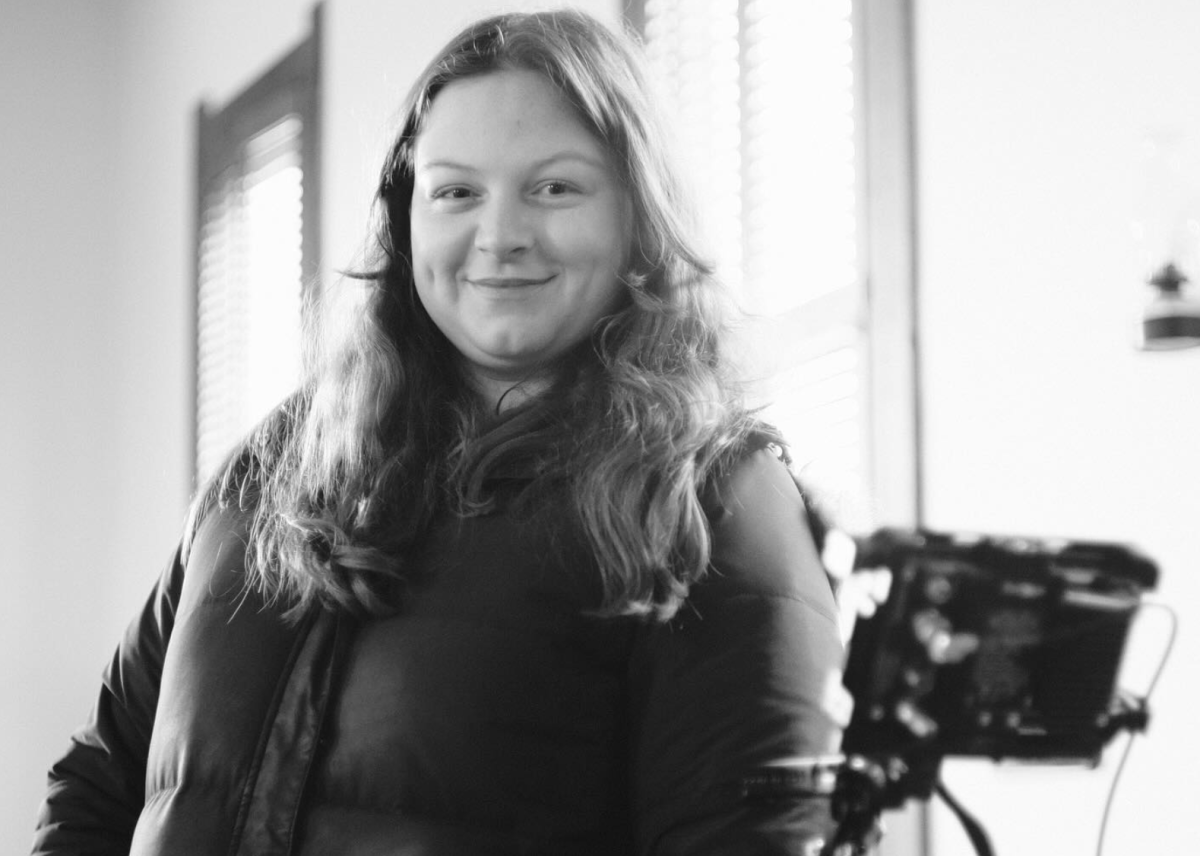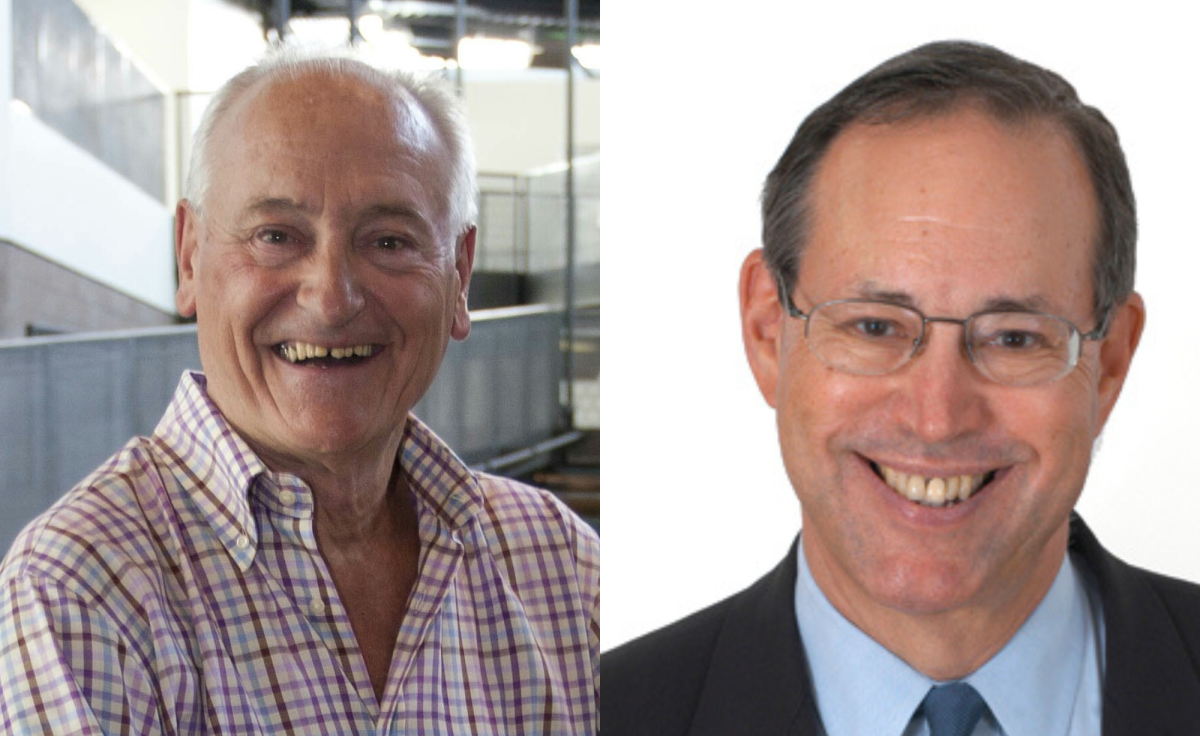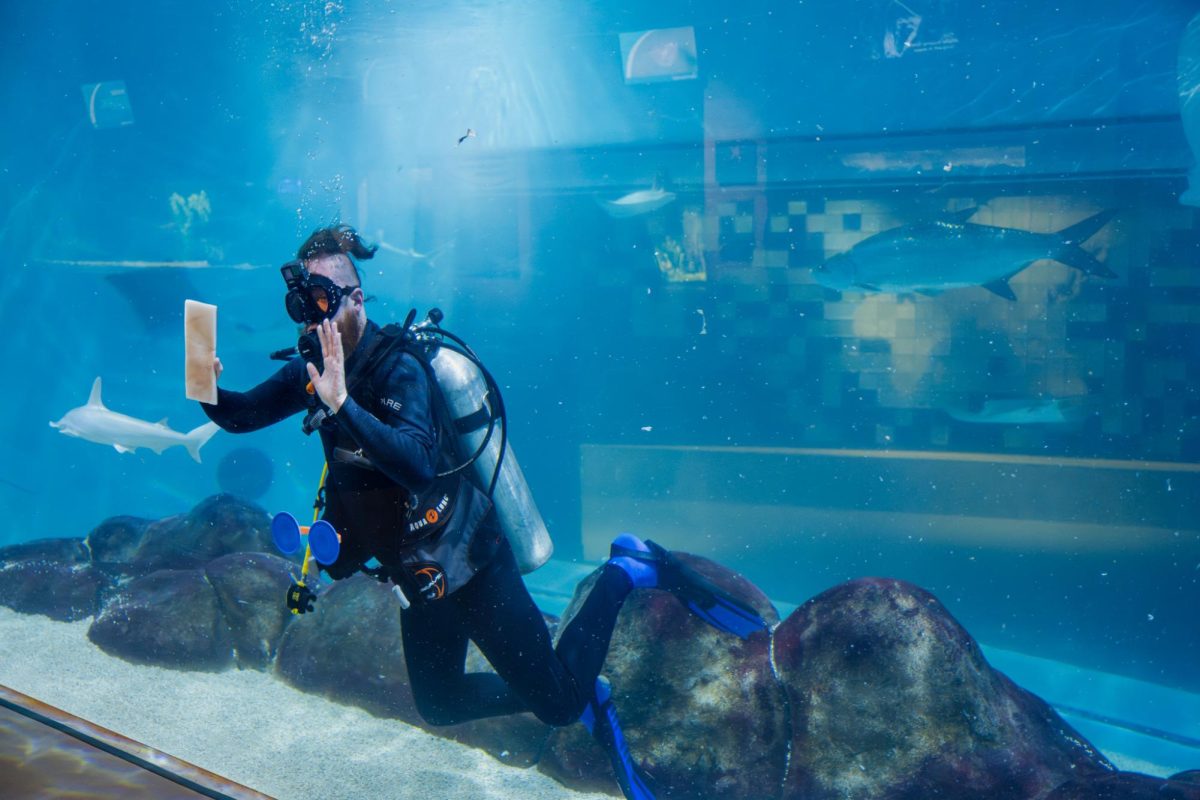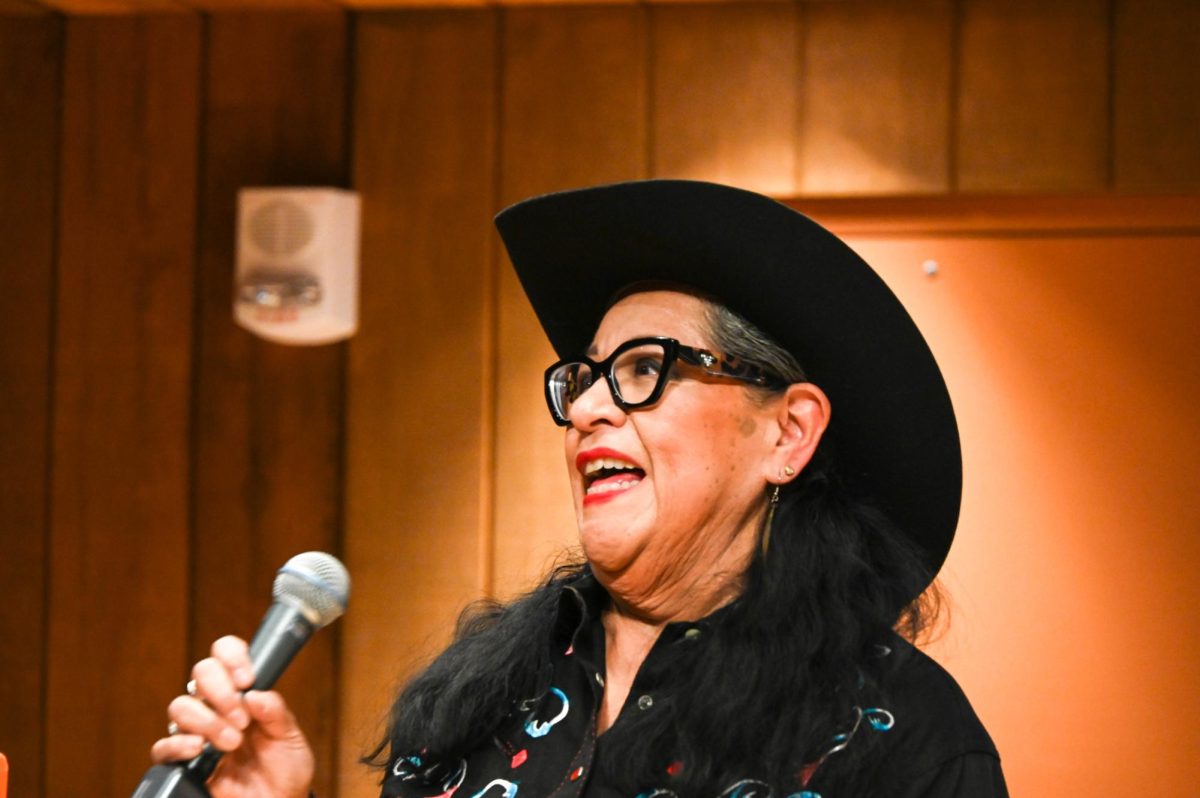Even after 15 years have passed since the 9/11 attacks, the mention of the date still causes a slight tightness in the chests of Americans. To commemorate this tragic event, on Sept. 9, graduate students from the Association for Textual and Literary Analysis (ATLAS) coordinated a student conference to discuss the global responses to 9/11 by showing literary works, media and film perspectives from around the world.
The conference consisted of, among many other things, a panel of Muslim women who answered questions about what it is like to live in America post-9/11, keynote speaker Jeffery A. Brown and discussion among peers on papers centered around subjects like Osama Bin Laden from the perspective of South Asians and Americans.
Putting this conference together started with a class taught by Professor Khani Begum.
“In the class, we learned about 9/11 not just from the American view,” President of ATLAS Sarah Worman said. “We wanted to make the conference a global subject.”
Screenings of films related to terrorism and 9/11 were discussed and viewed at the conference such as Clint Eastwood’s “American Sniper,” “Four Lions,” a British comedy about “wannabe” terrorists and “Whiskey Tango Foxtrot.”
Worman shared how countries around the world responded to 9/11 in terms of film.
“It took a long time for American movies to have 9/11 as the main subject. Films made by Southeast Asia, Britain and the French were different from American films,” Worman said. “Southeast Asian films had a Bollywood influence and lacked a protagonist and antagonist like we usually see.”
Brown spoke about how when American films are made about the subject of 9/11, it’s easier to “deal” with the tragedy by having the film be about a superhero.
“It is easier to have it in a different context,” Vice President of ATLAS Elena Aponte said. “For American films, it took a lot of time because people weren’t ready.”
Aponte recalled where she was when 9/11 happened.
“I was in the 5th grade, and I remember my teacher turning off the television before the second plane hit the towers,” Aponte said.
Worman thought about the people who were not born before the terrorist attacks and how it affects the world around them.
“(The event) has shaped our political climate, it has started wars,” Worman said. “They had their whole world view change before they were even born.”
Freshman in high school and younger don’t know a time before 9/11, they will only know what they read in history books, which Aponte believes stresses the importance of having the conference.
“What we want people to take away from this conference is for people to always learn more, go beyond the media and to not take things at face value,” Aponte said.


